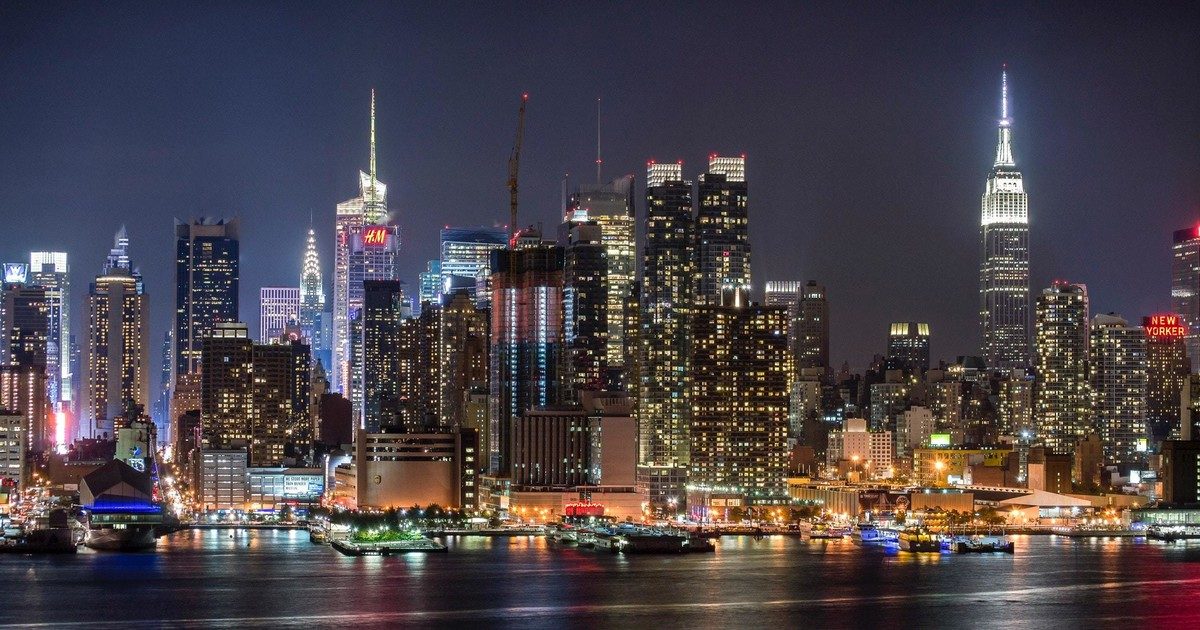As I expressed in class last week, I found Stuart’s piece to be especially compelling as it effectively combined a historical perspective on Skid Row, a conceptual introduction of neoliberalism, and an incorporation of uniquely telling ethnography. Stuart expertly weaves the three together leaving the reader with a nuanced perspective on policing and social programming in Skid Row. Through this, we were able to unpack “therapeutic policing” and how the paternalistic practice did far more to repress non-productive members of the Skid Row community rather than promoting actual rehabilitation. Later in the second half of the book, Stuart discusses the interesting phenomena that results from this, such as community members actively policing the police as a measure of self-defense.
In this post though, I would like to revisit the slightly detached, hypothetical questions that I posed in class. They are listed below.
“Do we buy Stuart’s argument that these far more explicitly repressive policing techniques are in response to a city’s motivation to attract outside investment?”
While this isn’t necessarily a core argument of Stuart’s, he does refer to the emergence of more intensive policing as a means of creating the conditions that are attractive for outside investment. Is this really how this process works though? Based on what I’ve read and seen, it seems like the opposite is true. Once an area of a city or neighborhood experiences the start of an influx of capital investment, it is then that increased policing occurs and that lower classes are gradually pushed out of the area all together. It’s realistic to assume this process is not at all instantaneous too. I suppose this is more a commentary on how real estate investment functions within a neoliberal context. An initial investment and/or development proposal starts the process of gentrification. Then, competing firms act quickly to buy up property in and around the specific site/neighborhood, gradually paying more and more as the speculative nature of their investments justify the increase in purchase price. Development and redevelopment ensues, rents are jacked up, higher end business enter and poorer people are not only unable to afford to stay in the area, but also unwelcome. It is then the market itself that pushes people out, not the police. In the event that a lower socioeconomic presence persists, in the form of homelessness, then a real intensification of policing occurs. Any thoughts on my take on this? All comments and criticisms welcome.
“Is there a political motivation to maintain a culture of poverty not just in Skid Row, but across the United States?”
Another question a bit removed from the text itself, but I think one that is worth asking. I kinda jumbled my explanation of this question in class, but what made me think of this was our discussion of white fear of racial crime when the numbers show that the vast majority of crime occurs “black on black” or “white on white”. Still though, the sentiment of fear is a powerful one and is often a very effective political platform to run on. Republicans historically do very well when they run on crime. Trump took it to a whole different level, not just running on illegal immigrant crime, but running on an illegal immigrant INVASION. Spooky! But not very true. At all.
However, some have proposed a similar framework of thought when scrutinizing entrenched Democrats within urban districts. Democrats do very well when they run on social services and programming that are at least very normative and encouraging sounding. However, often times little change is experienced and still, these reps get elected time and time again. AOC disrupted this trend when she unseated former Democratic caucus chair and 10-term incumbent Joe Crowley. Anybody have any thoughts on this? Maybe you’ve seen this firsthand, on either side of the political aisle?
